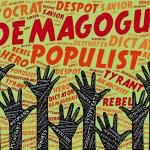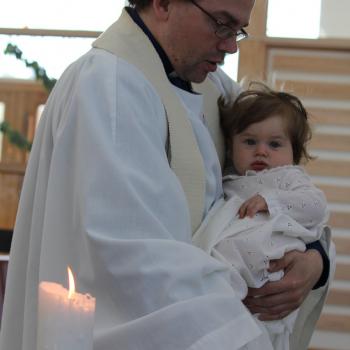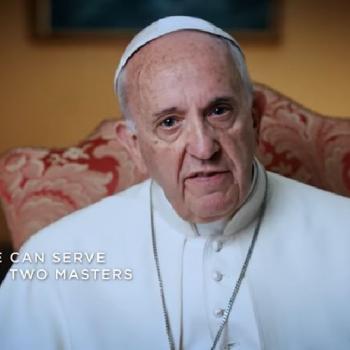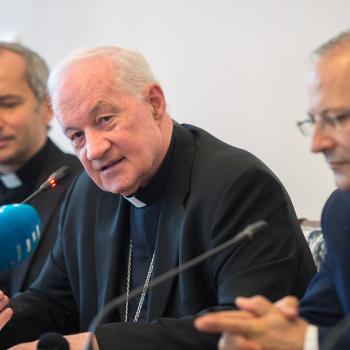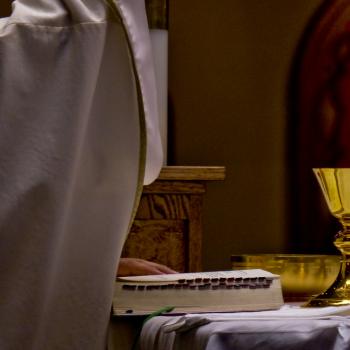“Only in a world without ethics, neutrality, impartiality and objectivity are synonymous”. This is the warning that has been sounded by the Holy See’s representative on the ICANN (the Internet Corporation for Assigned Names and Numbers) committee, Monsignor Carlo Maria Polvani, in a front-page article in the Vatican newspaper L’Osservatore Romano after what he calls the “epochal” decision of the US Federal Communications Commission to repeal “net neutrality” legislation.
“To understand what the provision of the FCC implies, think of a multiple lane highway (the network) on which vehicles of all kinds transit (information packets)”, writes Polvani in his opinion piece, entitled “Algorithms are not neutral”. “With net neutrality, equal tolls and speed limits are imposed for all vehicles; without net neutrality, the motorway operators (the so-called internet service providers) can charge specific tolls and reserve high-speed lanes (so-called paid prioritization) for the vehicles of their choice”.
Supporters of net neutrality, claims Polvani, argue that it constitutes “protection for consumers from very powerful lobby conditioning”. Detractors, on the other hand, contend that impartiality online is a “harmful regulation” standing in the way of “significant innovations”. Looking beyond both of these positions, however, Polvani -a member of the Committee for the Reform of the Vatican Media- suggests the US decision raises at least two other significant questions:
– To what extent should the net be treated as an essential good – an indispensable utility – whose access should be guaranteed?
– To what extent should the net be considered a place of absolute liberty – an open internet free of any data discrimination – whose goal is the widest possible access to the largest variety of information imaginable?
Though Polvani stops short of offering concrete answers to these questions in his brief opinion piece, he does warn of the dangers associated with no longer treating the net as a impartial medium – a “dull pipe” – for transmitting information to be prioritized only at the “terminal ends”. “This ‘dullness’ in the transport of information clashes with the sophisticated artificial intelligence systems that refine the treatment [of information] by means of increasingly refined mathematical algorithms”, alerts the Vatican official, before noting that just last week the French National Commission for Information and Freedom (CNIL) warned about “the pervasive analysis of big data (the incalculable amount of data accessible by social media, credit or loyalty cards, search engines …) to predict the behavior of individuals or groups”.
“The truth is that we are all already subjected to continuous profiling based on the relationship between socio-economic-demographic categories that are decided today by specialized programmers and tomorrow by artificial intelligences”, writes Polvani. A frightening prospect, this last one, when one remembers that thanks to the machine learning processes these artificial intelligence systems will have the ability to perfect methods of internet profiling autonomously.
It is for these reasons that Polvani throws his weight behind CNIL’s call for a system of vigilance for artificial intelligences that would ensure their transparency and their accountability to “ethical principles”. What might these “ethical principles” be, however? What does the Church’s doctrine have to contribute to the net neutrality debate? I for one have been waiting for a long time for someone in the Church to speak out about the terrifying erosion of our privacy online, but it must go further. May Polvani’s contribution to the discussion be followed by many others.
– Merry Christmas from ‘European Communion’!


